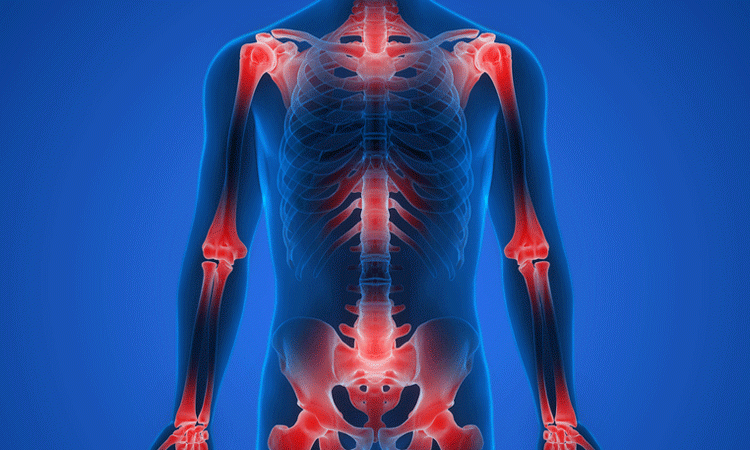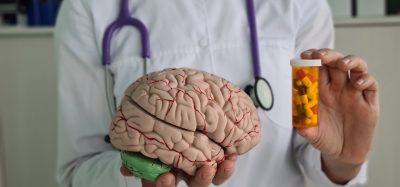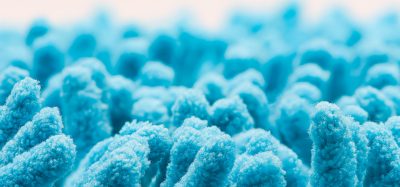Inflammatory regulator molecule identified by study
Posted: 12 September 2019 | Victoria Rees (Drug Target Review) | No comments yet
Researchers have discovered an enzyme that is pivotal in deciding whether cells survive or die in inflammatory diseases, so provides a drug target.


A molecule that plays a critical role in determining the outcome of cells under stress has been identified by researchers from St Jude Children’s Research Hospital, US. According to the team, their findings suggest a new approach for the treatment of autoinflammatory and other diseases.
The research team began by investigating the inflammatory cell stress response and in particular a multi-protein complex called the NLRP3 inflammasome. From this they identified the DDX3X molecule, an enzyme that when mutated, is involved in a variety of cancers.
Previous studies have shown that when infectors and other stress-inducing events occur, NLRP3 is activated. This leads to the secretion of cytokines, which promotes inflammation.
Using macrophage and then mice models, the researchers identified that the DDX3X gene promotes the activation of the NLRP3 inflammasome.
Further research revealed that the formation of membrane-less compartments called stress granules, inhibited the NLRP3 inflammasome by sequestering DDX3X. Pro-inflammatory cytokine production declined along with cell death.
…the researchers identified that the DDX3X gene promotes the activation of the NLRP3 inflammasome”
However, previous studies have also shown that cells need DDX3X in order to form stress granules.
“The findings suggest that competition for DDX3X between stress granule formation and NLRP3 inflammasome activation allows macrophages to interpret stress signals and choose their fate,” said Dr Parimal Samir, of St Jude.
“The findings make DDX3X an attractive target for designing drugs that modify the stress response and restore balance to prevent chronic inflammation and other diseases,” said corresponding author Dr Thirumala-Devi Kanneganti, a member of the St Jude Department of Immunology.
The findings were published in Nature.
Related topics
Drug Targets, Enzymes, Protein, Research & Development
Related conditions
Autoinflammatory disease, Cancer
Related organisations
St Jude Children’s Research Hospital
Related people
Dr Parimal Samir, Dr Thirumala-Devi Kanneganti








